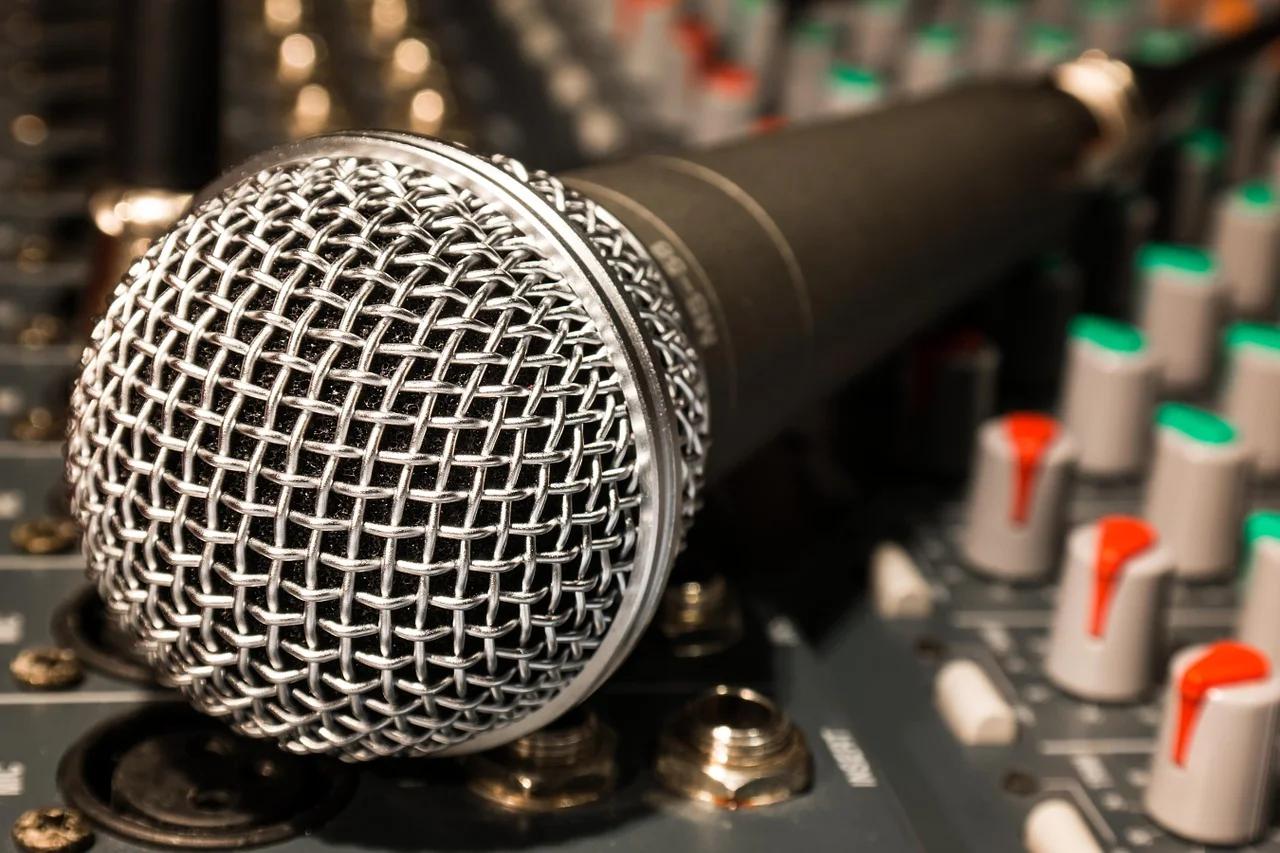Did you hear through the grapevine that Marvin Gaye destroyed the music industry? In the LA Superior Court’s decision for Bridgeport Music, Inc. v. Marvin Gaye Estate, popular music's landscape changed when a landmark jury decision deemed Robin Thicke’s “Blurred Lines” was less considered outright plagiarism, a unique ruling with deep ramifications.
Here are 5 ways to avoid making the mistakes of the “Blurred Lines” creators.
Don’t skirt the 1909 Copyright Law.
One of the more interesting aspects of the case, the use of the 1909 copyright law allowed lawyers from both sides to question experts on the replication of sheet music, a direct departure from the 1978 version of the law, which allows juries to base opinions more on the actual recording.
In effect, this law allowed lawyers to boil down the song to it’s essential elements, such as it’s drum pattern or it’s bassline. Juries were subjected to stripped down midi versions of the track to prove the similarities in the two songs constructions. Because of “Blurred Lines” seventies-ish feel and outright cribbing from musicians like Marvin Gaye, its likeness to “Got to Give it up” is undeniable. Written out, the similarities registered as a direct homage -- something the jury registered as plagiarism because the other elements of blurred lines which differ were not discussed.
Always list writers credits.
Perhaps this would’ve avoided the expensive litigation. Listing a writer, even if tangential, is essential to creating correct compensation for artists. Both in the Marvin Gaye case and in Sam Smith’s recent controversy with Tom Petty, issuing writing credits preempting release would’ve likely avoided the controversy entirely, but at the cost of the artists creating the new work, who would willingly divide any royalties.
Unfortunately for artists committed to creating new music and receiving profit, the above solution is a matter of dollars and cents that does not work in their favor. But the fact is, an artist, label or publishing company would likely pay more through the court than they would otherwise by giving up a portion of the credit when registering the song. In the case around Tom Petty challenging Sam Smith’s “Stay With Me” for belief that Mr. Smith’s melodies were too similar to Petty’s “I Won’t Back Down,” Tom Petty’s team took home a heartbreaking 12.5% of the song’s royalties without a jury, a much higher percentage than if he was listed by Smith’s team before.
Ignore the influence question
One of the most damning aspects of Blurred Lines vs. Gaye Family Estate is the use of an interview where Pharrell and Thicke explained the level of influence Gaye had on the creation of “Blurred Lines.” While famous musicians are accustomed to answering questions about which artists they enjoy privately in the media, the use of interview material is common practice in jury trials. Add in a particularly talented lawyer, and all that publicity you spent building up your song can easily be turned against you.
One way to make it harder on a jury is to make the jury determine if whether or not the song in question sounds alike. In the “Blurred Lines” case, the plaintiff’s lawyer continually referred to to the recorded interview, severely weakening Bridgeport’s case that other influence on “Blurred Lines” may have been just as powerful. As this jury was largely not made up of musicology experts, they likely looked elsewhere in the trial’s testimony to establish if indeed the similarities between “Blurred Lines” and “Got to Give it Up” required compensation of damages. Even though many pop songs sound incredibly similar to each other -- please refer to work of mashup artists like Girl Talk -- the lawyer’s ability to successfully argue that other influences may have contributed equally or greater was severely limited due to Thicke’s and William’s own admissions.
Avoid the jury
Say you’ve created a song which cribs a hit from before 1978 you never were aware of and you’ve just entered lawsuit. Now imagine that the offended musicians are seeking damages because they believe a melody you wrote is much too similar. Your best scenario is to avoid the jury entirely, because any damages awarded by lawsuit will likely be more than if awarded by settlement.
Always write original music.
The easiest way to avoid paying damages, writing music that is as original as possible will avoid lawsuits with older musicians entirely. While every artist works differently and carries different interests and influences, creating more original works that do not use other people’s melodies (as much as possible, of course) will keep your influences or their related estates from suing you.
While none of these proscribed efforts will keep you entirely clear besides point number 5, following these simple recommendations will keep you from making the mistakes that Pharrell and Thicke made. Perhaps it’s just best to avoid Marvin Gaye as an influence completely, lest your chart conquering hit ends up the subject of an incredibly expensive legal battle by the emboldened family.
And if you’re the subject of one of these incoming suits, please do not hesitate to call an attorney -- not unless you want to be subject of these legally “Blurred Lines” yourself.


